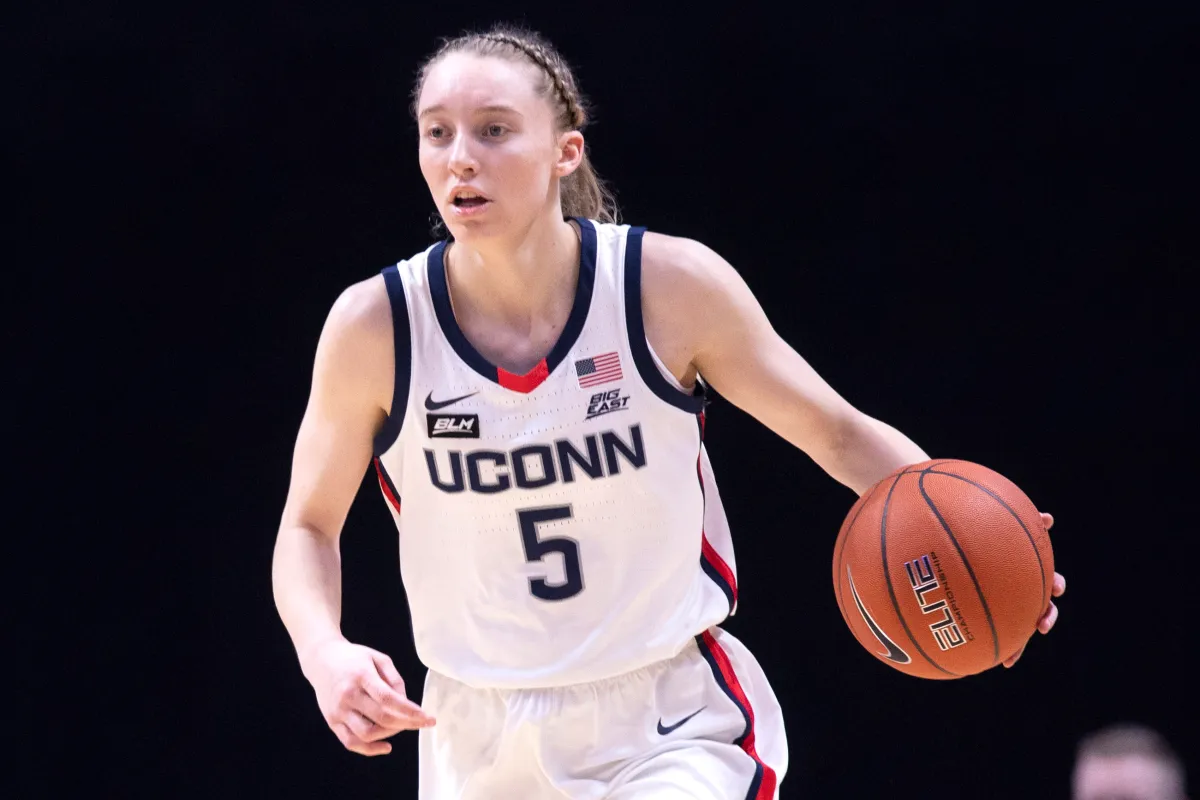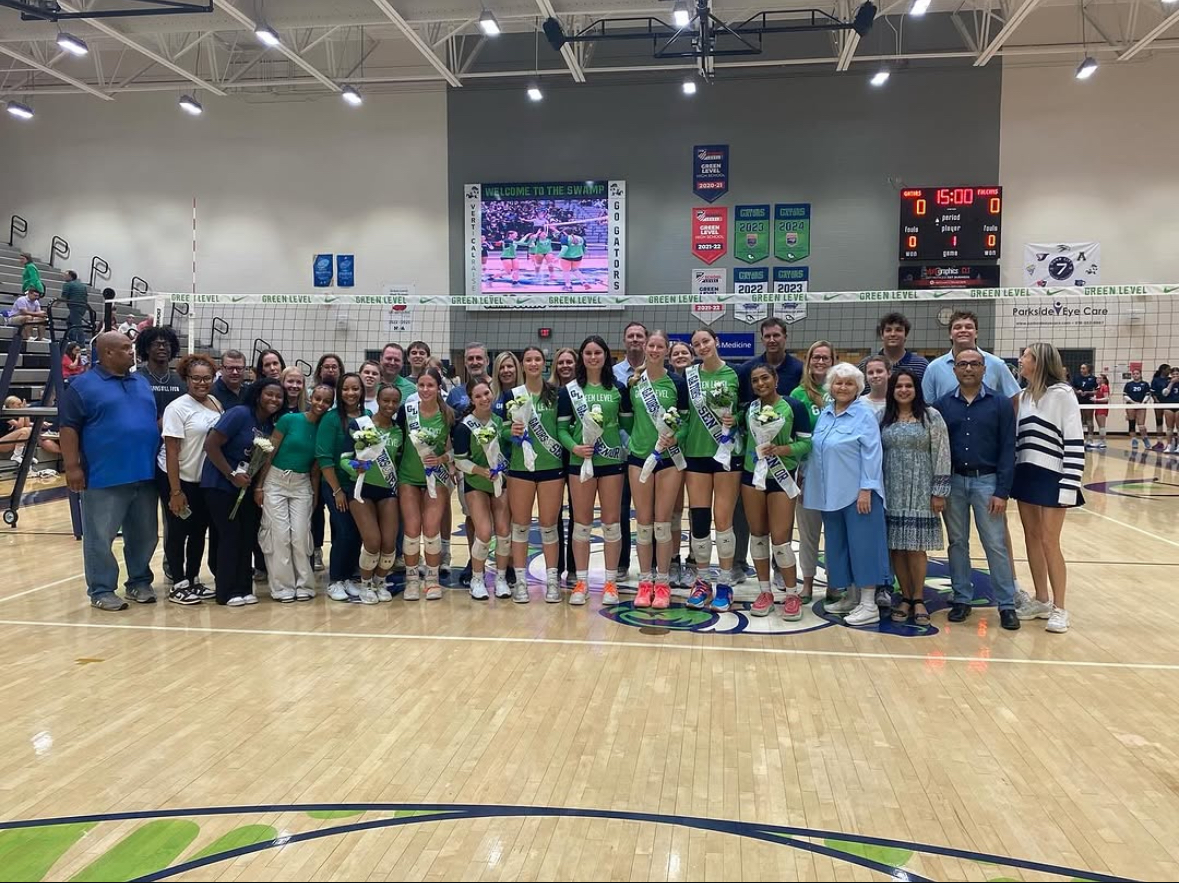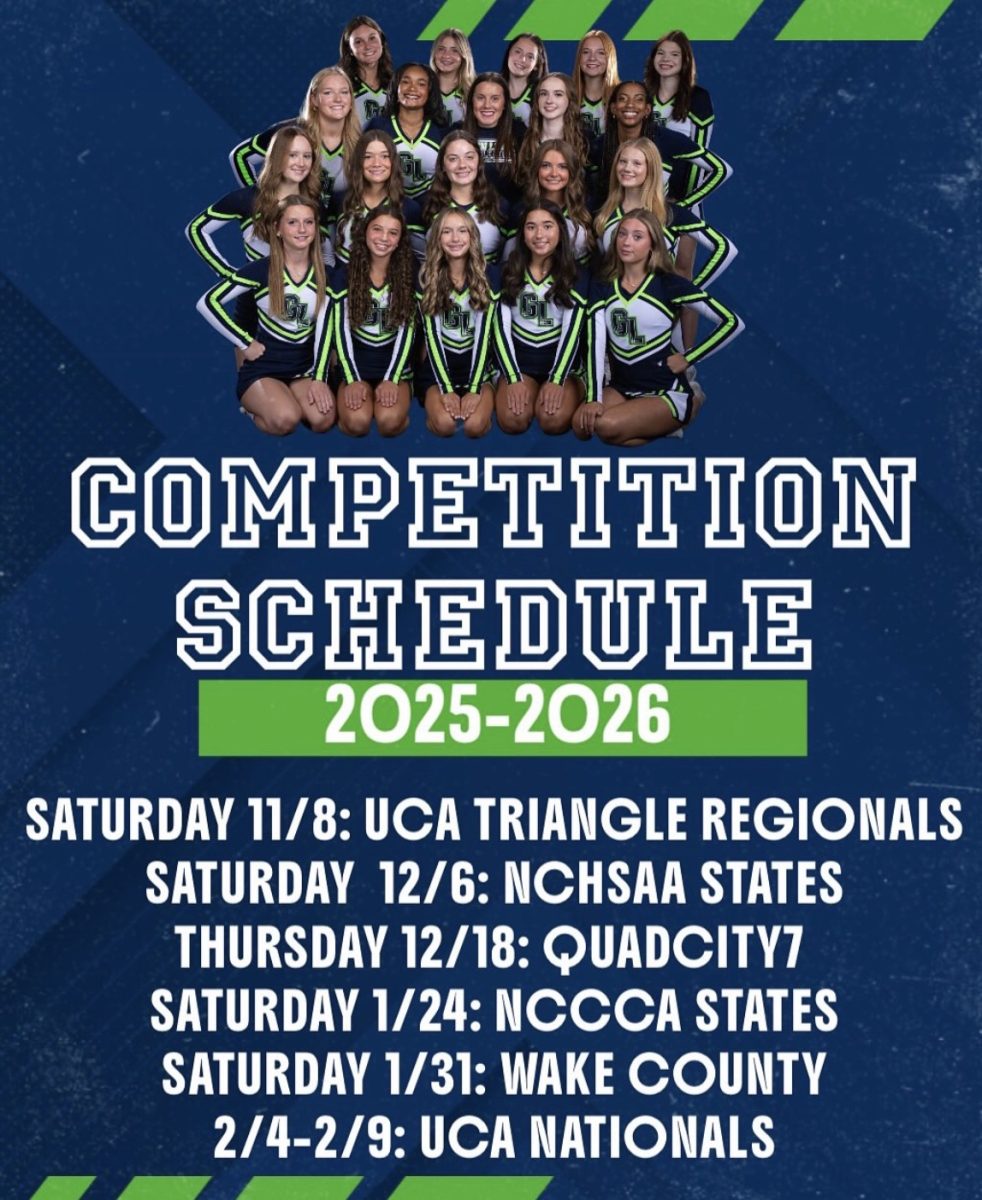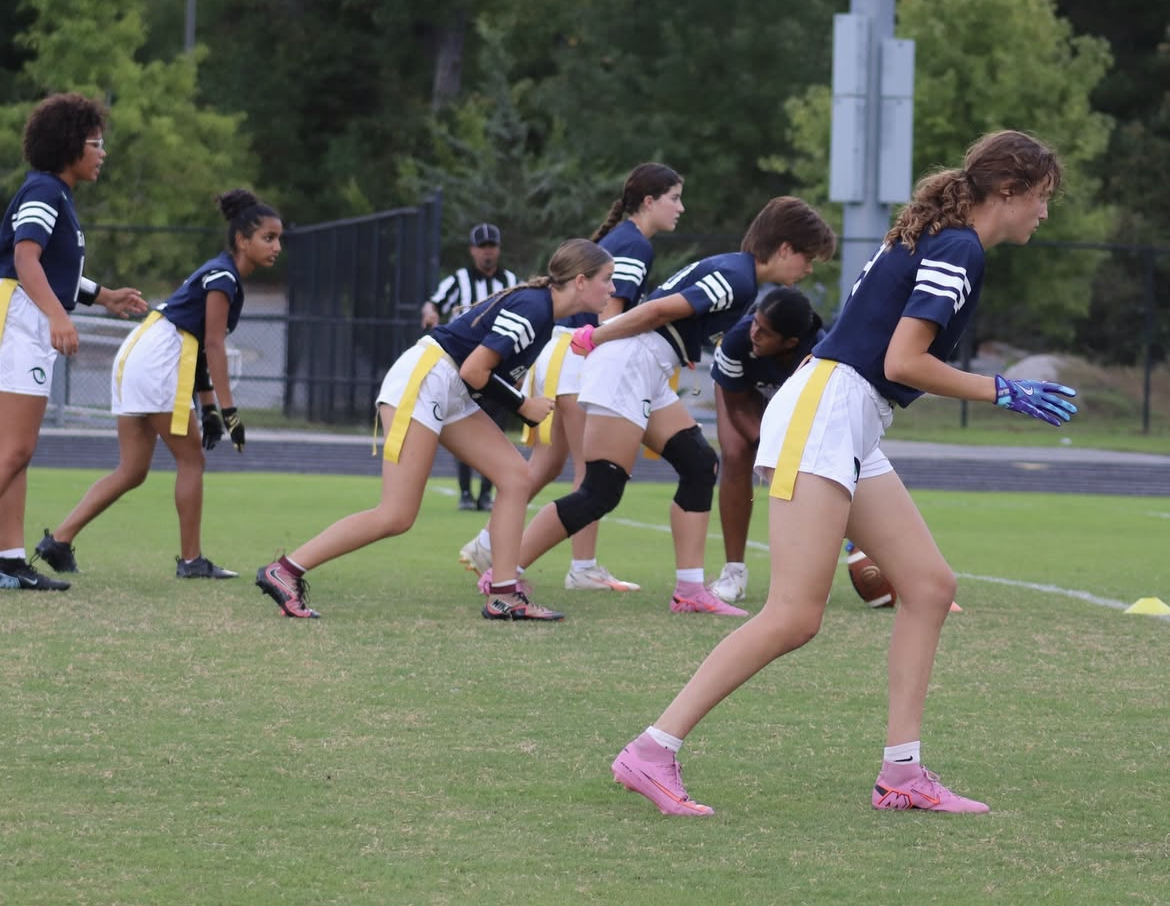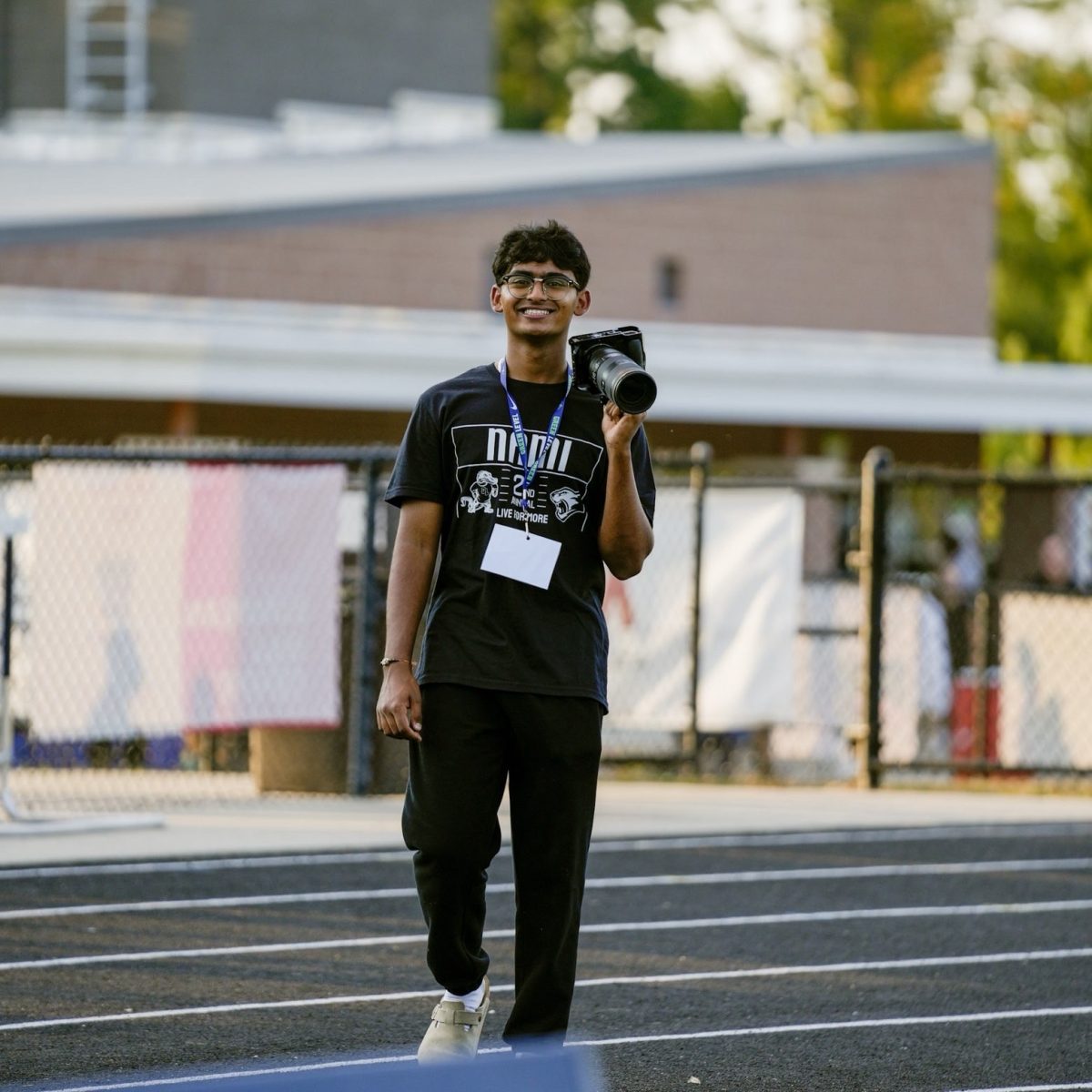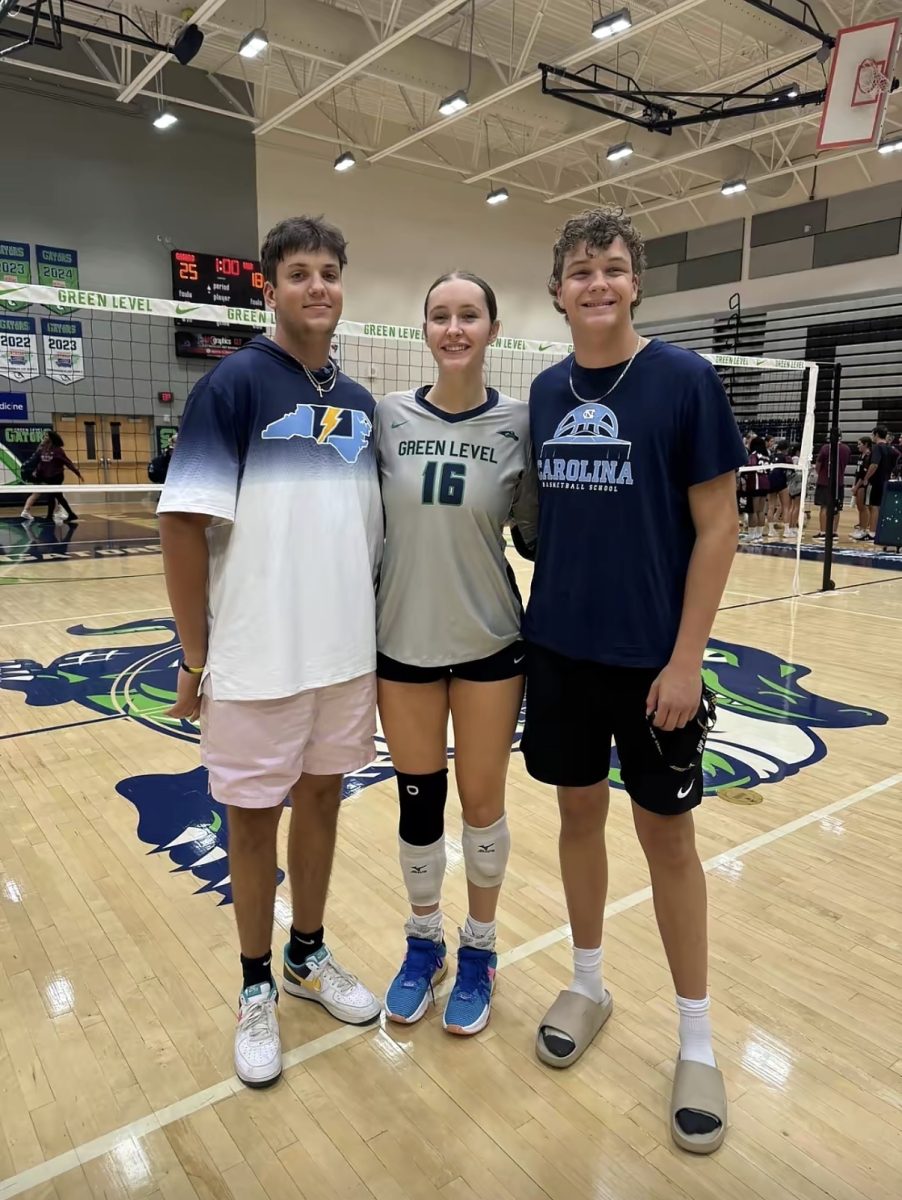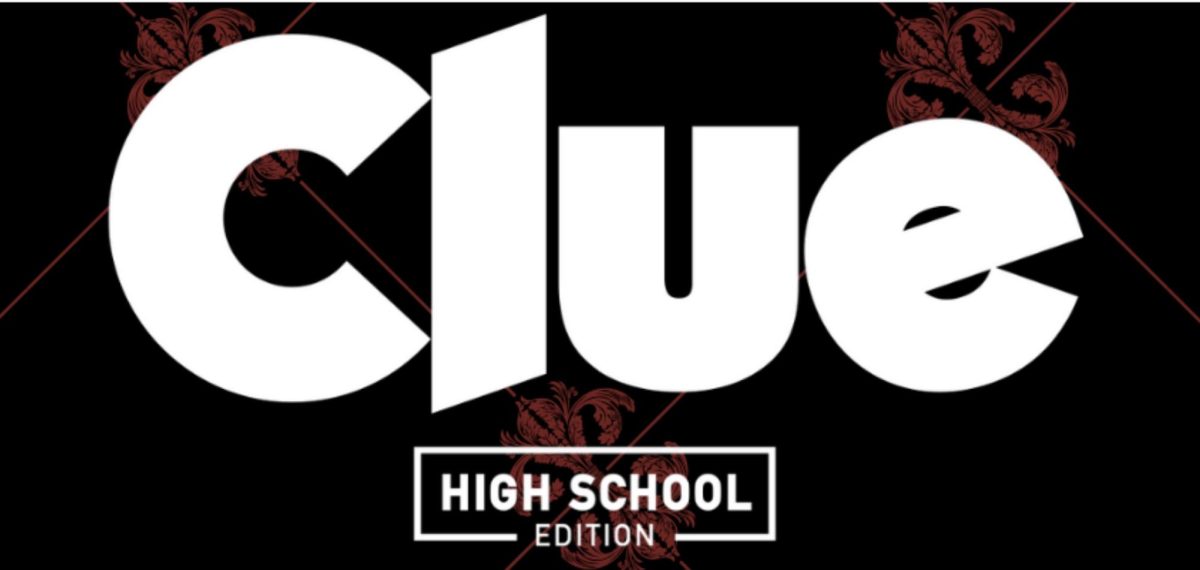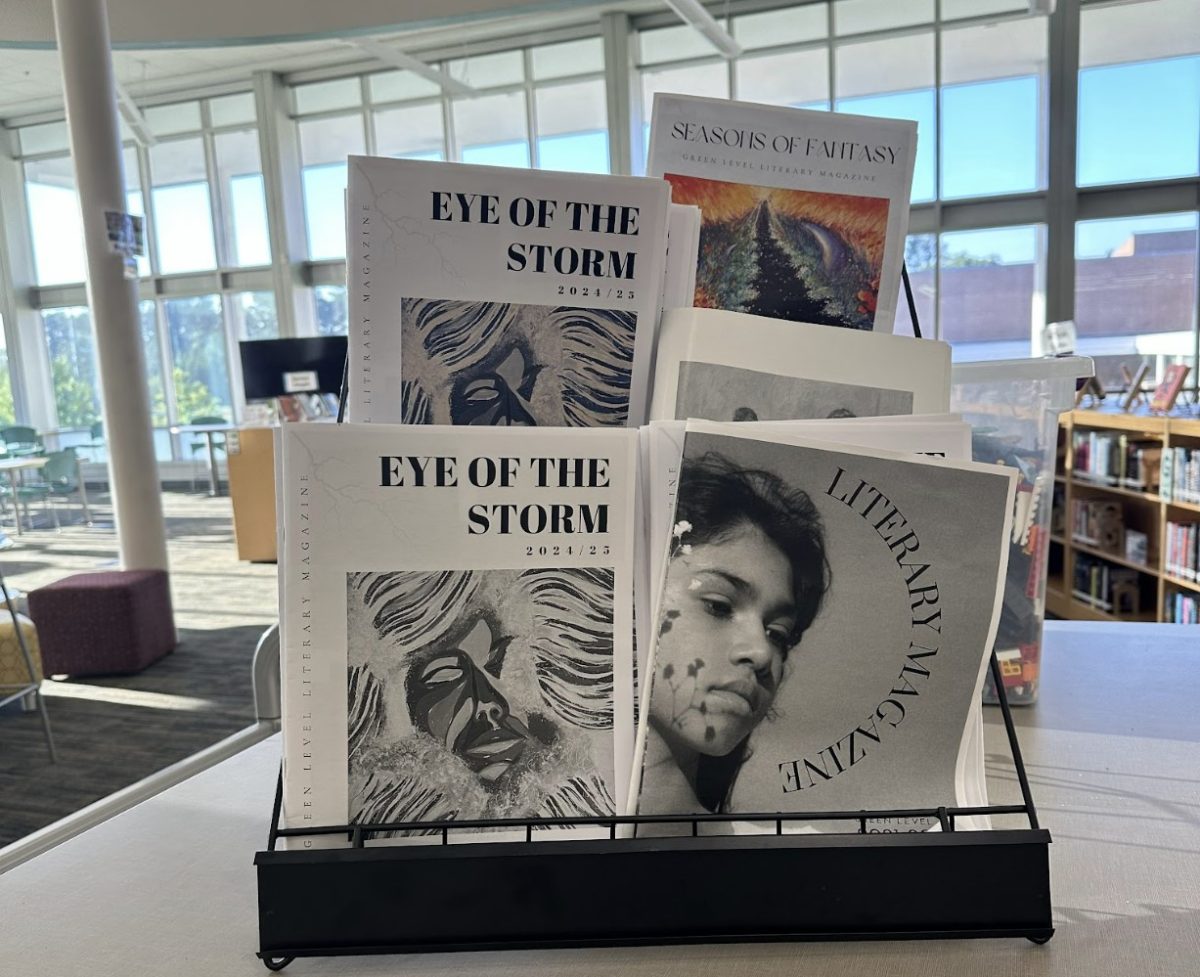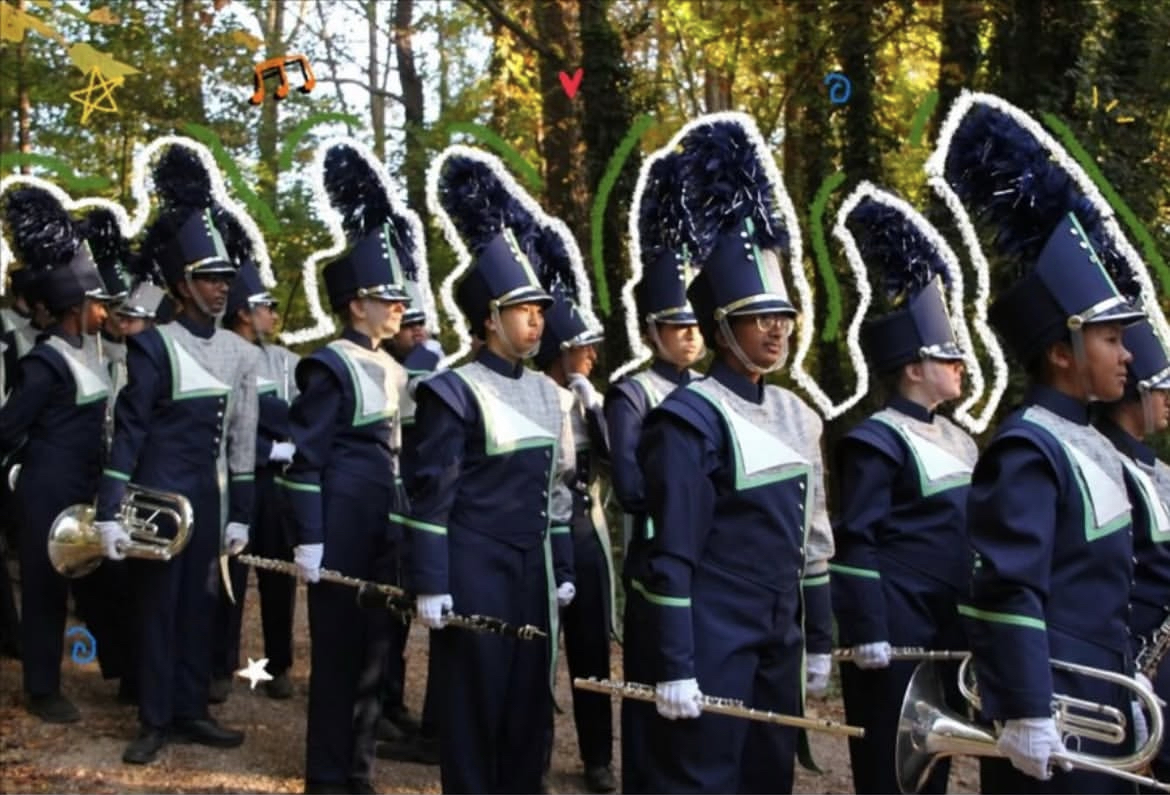Paige Bueckers, current UConn Women’s Basketball player, has recently become a victim of online stalking and harassment. The accused, Robert Cole Parmalee, was charged with breach of peace, electronic stalking, and harassment. According to UConn police, they received emails where he claimed he was a member of the Royal Family and wanted to marry a member of the women’s basketball team. His social media post included a fake wedding invitation for him and Bueckers, as well as photos of what appears to be a diamond engagement ring. Prior to his arrest, he posted on social media that he was planning to propose to Bueckers and get her expelled from Uconn.
Unfortunately, Paige Buckers is one of many female athlete victims. Another example is Olivia Dunne, an LSU gymnast, who was harassed so badly that she could no longer attend classes in person because of safety concerns. According to Glamour Magazine, between 100 and 200 men, who they categorized as ¨a mob of unruly young male fans¨ swarmed her gymnastics meet chanting during the routines. She described it as ¨scary and disturbing.¨
All Green Level student-athletes could be at risk due to their online activity. Many use social media to rally hype for upcoming games, share game locations, season stats, and highlight reels. But they also post a lot of their own personal information which could be a safety risk when potential harassers use our social media platforms for potential harm without the athletes realizing what could be coming.
The question is, with the recent news on what just happened with Paige Bueckers, how can you protect yourself so you do not end up in a dangerous situation online? Will this event make student-athletes at the Green level think twice about what they are posting?
Olivia Jankowska, a student and athlete, who has been playing volleyball for the school for two years now, shares her experience on how she can protect herself from online harassment. ¨As a student-athlete to protect myself I am mindful of what I share online, and I have my location on for close friends as a safety measure in case of emergency¨, Olivia says, ¨From the Paige Bueckers situation it is definitely a wake-up call and I should be more mindful on what I am posting and who is viewing it.¨
Online harassment is something that should not be taken lightly by any student, but student-athletes are at higher risk. According to Stay Safe Online, the best way to protect anyone is to follow these recommendations:
- Manage privacy setting: Control who can see your information and interact with you by limiting access to your personal details and making your profile private.
- Use strong passwords: This can help prevent unauthorized access and reduce the chances of being targeted by harassers.
- Be selective with personal information: Avoid sharing sensitive information such as your current location, or anything harassers can use to track you.
- Limit interactions with strangers: Be cautious about accepting friend requests from people you do not know, and block or mute those who make you feel uncomfortable.
- Report and block abusive accounts: Websites have built-in tools to report bad behavior, and use these tools to take action against inappropriate content or messages.
- Document harassment: Take screenshots or save evidence of the interactions, as this can be useful if you decide to report the incident to law enforcement.
- Avoid responding to harassment: Engaging the harassers can sometimes escalate the situation, it is often best to block them and refrain from responding.
Think twice before you share! These tips will help you stay safe and mindful when you’re online. Stay safe Gators.

